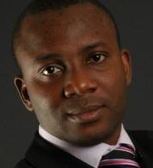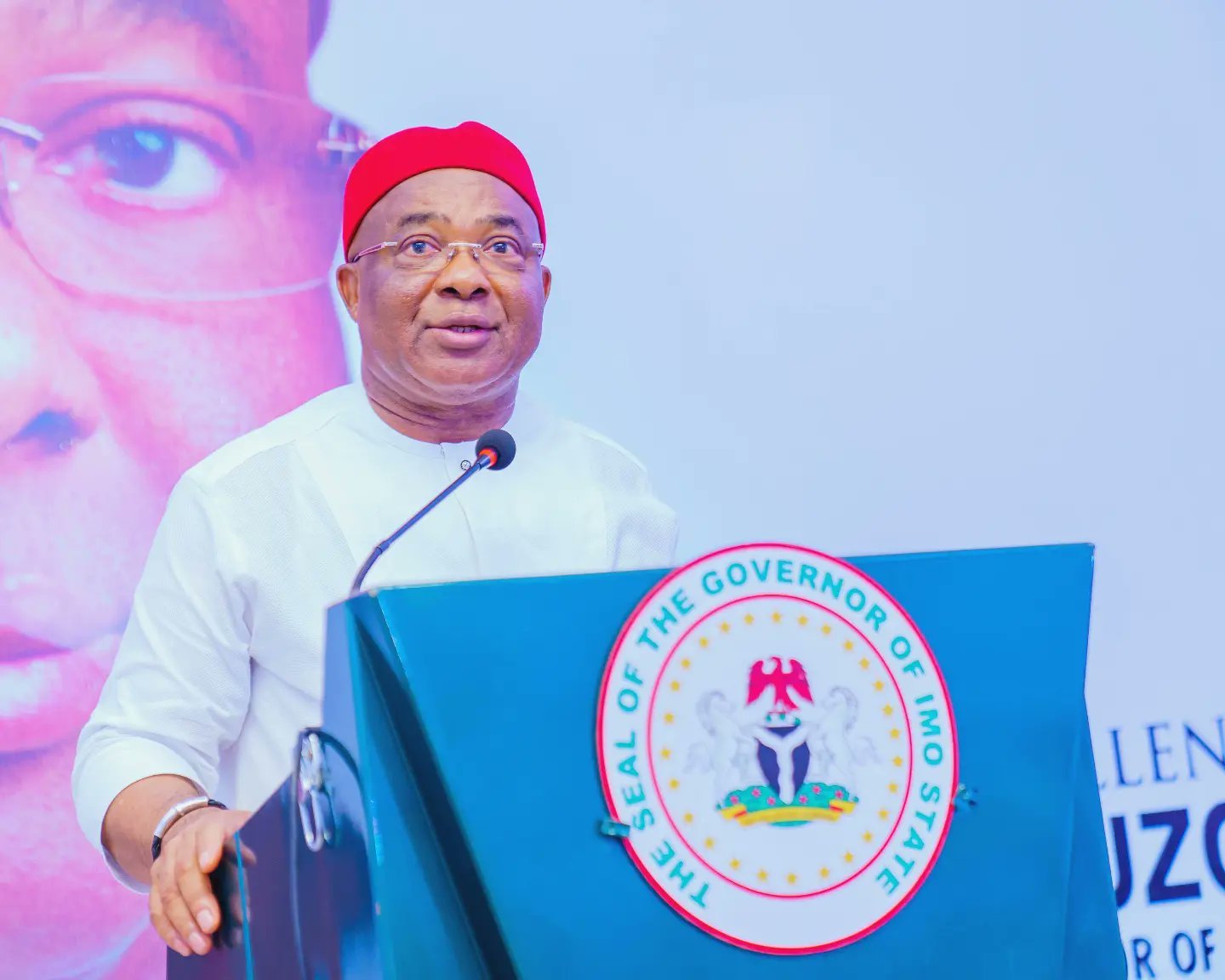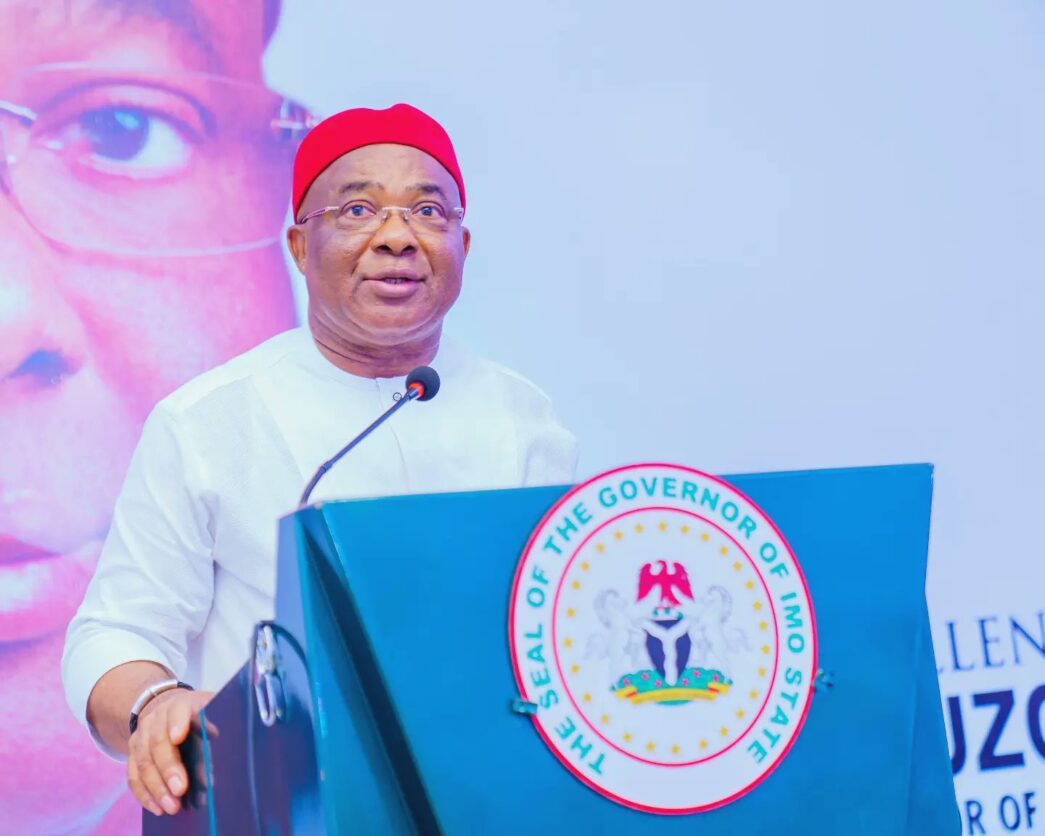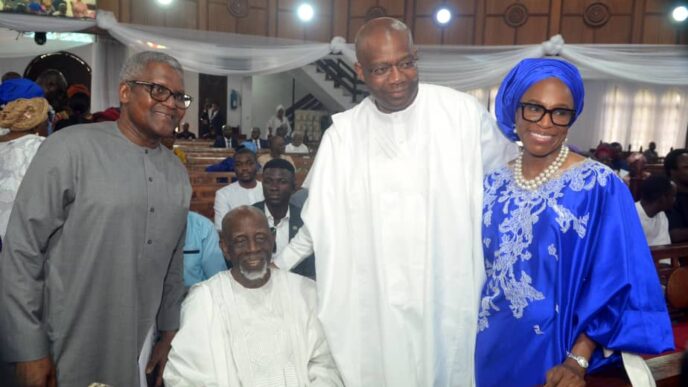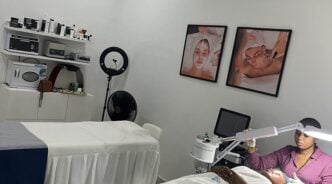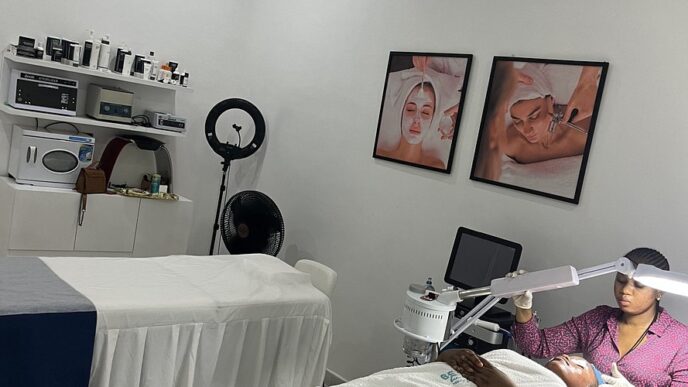It is very easy to see Imo State simply as one of the states in southeast Nigeria. Some of the inhabitants hardly see the state beyond their vicinities. For many people in Owerri, it is all about the Ekeonunwa market, the government house, and probably the New Owerri. For many in the rural areas, the City of Owerri is a luxury and an aspiration. That’s how it is. This imagination can, at best, be described as sub-optimal and local because it does not readily acknowledge Imo in the world!
However, Imo State boasts of a population of 5.5m. It is about the population of Ireland, Scotland, and Finland. It is about twice the population of Qatar, four times the population of Estonia, and eight and ten times the population of Luxembourg and Malta, respectively. Nonetheless, the Gross Domestic Product (GDP) per capita of Luxembourg and Malta are about USD128,000 and USD38,000, respectively, while the GDP per capita of Imo State is roughly USD1,000. Why is Imo State comparatively poor and less competitive?
Coincidentally, Imo State is rich in both natural and human resources. The state is claimed to have the largest natural gas reserve in Nigeria. It is also one of Nigeria’s states with a very high literacy rate and educational attainments. As such, Imo State has no reason to lag. Unfortunately, her citizens appear constrained by their unambitious imagination.
As they say, imagination is everything. In my opinion, Imo people need to rid themselves of their unambitious imagination. That’s where the Global Imo Agenda or Imo in the World Agenda comes in. It is high time the citizens of the state thought of themselves as citizens of the world as opposed to those constrained and shortchanged by the limited imagination of Igboland, Biafraland, and Nigeria.
Advertisement
This global thinking and imagination are at the heart of the Skill-up Imo programme. Under the leadership of Distinguished Senator Hope Uzodimma, the government has committed to training about 300,000 young people in digital skills. The digital economy is global and transcends boundaries. It allows leveraging technology to access remote opportunities. The idea is to make Imo state the digital hub of sub-Saharan Africa.
Leveraging the digital economy, Imo citizens can access all corners of the world from their stations in Imo State. Imagine an Imo youth making up to USD1,000 (i.e., N1.6m by today’s exchange rate) a month in Owerri through remote jobs. Regarding purchasing power parity, it will mean a lot and make more sense to work from Owerri than relocation. In that regard, there will be more opportunities for young people and a much-limited need for Japa.
The Orashi project, which aims to open Imo to the world through the Atlantic Ocean, is another audacious imagination of His Excellency Senator Hope Uzodimma to link Imo to the world. When completed, the Orashi project will host an oil and gas free trade zone, a power project, and a port. The project could create over 200,000 decent and meaningful jobs. It would be a historic and legacy achievement when realised.
Advertisement
The One Kindred One Business Initiative (OKOBI) is another laudable programme by the government of Imo State in its pursuit of a global agenda and visibility. OKOBI is all about group-based entrepreneurship. It is a grassroots economic empowerment programme for job creation and shared prosperity, which taps into the collective and communal entrepreneurial spirit of the average Imo person. Instead of waiting on the government and multinational enterprises for jobs, OKOBI encourages groups to create their businesses and economic opportunities. As such, it is all about self-help and a can-do spirit.
Today, there are over 350 OKOBI businesses in Imo State. Between them, there are over 7,000 members or associates. The initiative aims to create over 50,000 businesses in the near future. If each business engaged 15 to 20 people on average, that’s about 500k to 750k extra jobs. This is definitely an innovative way of addressing high unemployment championed by Imo State.
Imo State is blessed with arable land and rich agricultural products. Economic trees and spices with billion-dollar global markets thrive in the state. When these are exploited through OKOBI and layered on digital platforms orchestrated by the Skill-Up Imo programme, OKOBI becomes truly international. Imagine a situation where a local farm can sell directly to a global customer through a digital platform. Instead of focusing on local demands, the digital platform opens opportunities for global demands.
OKOBI has continued to garner global attention and position Imo on a worldwide stage. It recently emerged as the SERAS Award (social innovation category) winner, beating other international brands to achieve this feat. It has also attracted the attention of The New Institute, Hamburg, Germany, to fund a research project on how it could be applied to other parts of the world with similar contexts and challenges.
Advertisement
The digitalisation of OKOBI businesses can exponentially contribute to economic empowerment, attract foreign exchange, and contribute immensely to the globalisation of brand Imo. This type of joined-up thinking is required to realise the Global Imo Agenda.
These are just a few examples of what it takes to position Imo State globally. In a nutshell, they together constitute the Global Imo Agenda (GIA). Nothing happens accidentally. The Global Imo Agenda is a conscious attempt to position Imo in the world and explore opportunities for the state through that mindset. ”Uwa sara mbara” (the world is vast), as our people say. Imo citizens, home and abroad, should not be limited or constrained by their imagination of Imo in Nigeria. They need to go beyond Nigeria. That’s where the necessity of a global mindset comes to mind.
To achieve this, education is critical. The state must invest in the right education and curriculum to drive the Global Imo Agenda. This needs to cut across the different tiers of education. In that regard, acquiring a global mindset is necessary to achieve the Global Imo Agenda, and local lads must be weaned of local wits to make this possible.
Imo can be great and prosperous. The realisation of this aspiration is dependent on the imagination of Imo citizens. As such, a global mindset is necessary and worth cultivating. Together, we shall create the Imo of our dreams if we are ambitious in our imaginations!
Advertisement
Dr Amaeshi is a public philosopher and political economist from Imo State, Nigeria. He is currently a professor of sustainable finance at the European University Institute, Florence, Italy. He also holds a chair in business and sustainable development at the University of Edinburgh, United Kingdom. He tweets @kenamaeshi
Advertisement
Views expressed by contributors are strictly personal and not of TheCable.
